Seriously – I do love my children, but they really do drive me nuts at times. Their constant arguing, complaining, and whining is enough to drive any patient mom to the edge. They are NOT bad children. That is not what I am saying. They are good children with honest and good intentions, but their bad behavior drives me crazy at times. It’s got me asking – Can I change my good kids’ bad behavior?

This post contains affiliate links which means, at NO extra costs to you, I earn a commission from any purchases made. For further details, please read my full disclosure policy.
Can you relate to the crazy?
All four of my kids are unique in their own ways, and my husband and I love them like crazy for that genuine way they stand out. However, they drive me nuts at times with all the arguing and back talking. It’s never-ending for some days. I’m sure all parents can relate to this craziness, right? Please say I’m right. Please tell me I am not alone in this feeling. Please say you’ve hidden in the closet during one of their meltdowns praying for patience and guidance to be a better parent.
If you say you cannot relate, please tell me your secret.
My kids drive me nuts, but they are NOT bad kids!
My oldest son is a gamer and closest to my husband. He’s super smart, and not the way every mom thinks their kid is smart. He tested out of Kindergarten and first grade in his first year of school and went straight to second grade during his second year. His analytical skills are out of this world, and I usually have to go to him when I become technology challenged (which is all the time).
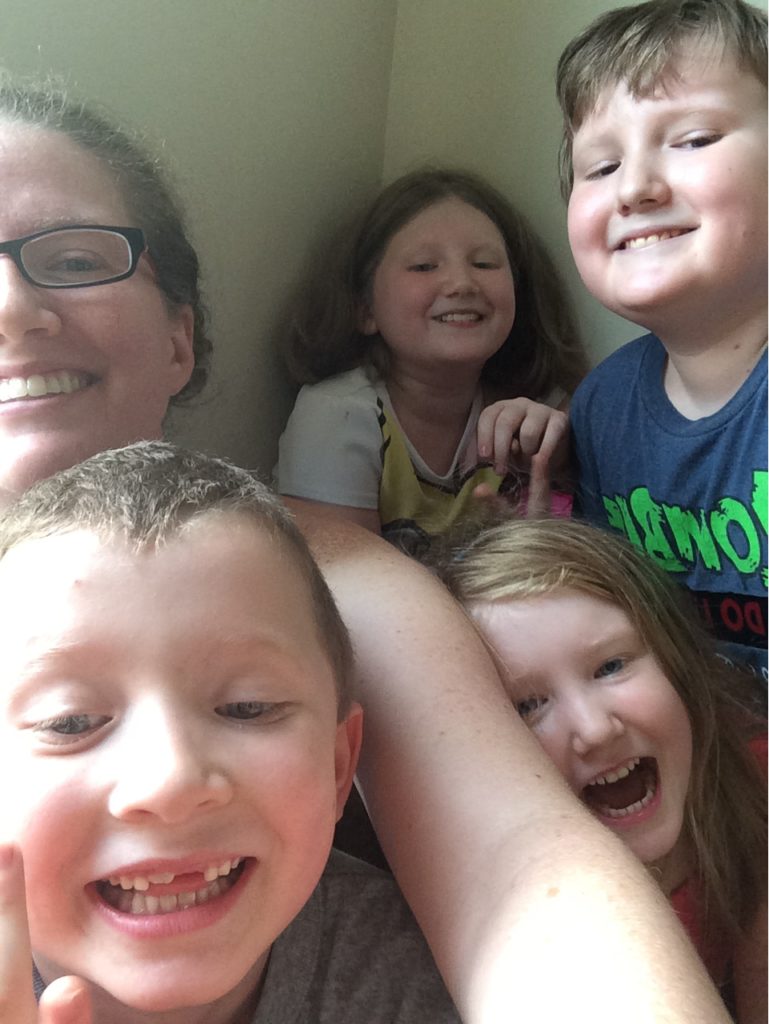
My oldest daughter is an artist and closest to me (though recently she told me that daddy was her favorite parent – thank you, Disney, for airing a show about favorite children and parents). She creates the most impressive pieces of art using the items in the recycling tubs. There is nothing she can’t do when it comes to her imagination. I regularly have to buy her crayons, markers, and other art supplies because she uses them so frequently. Lately she has been assisting me with the images for my site to make them more appealing and not so boring. She is the most like my mom and me.
My youngest son is a mommy’s boy. He can do no wrong by me, and that is our (mine and his) downfall. He’s a spittin’ image of his father and acts just like him. Funny, charming, catches the attention of the room, but also sensitive and caring like no other little boy. While participating in a clinical study for a friend, she stated that he was the only child out of a dozen children that expressed concern when the moderator pretended to hurt her finger. Yep – he’s my little caring guy. I’m smiling just thinking of his sweet ways.
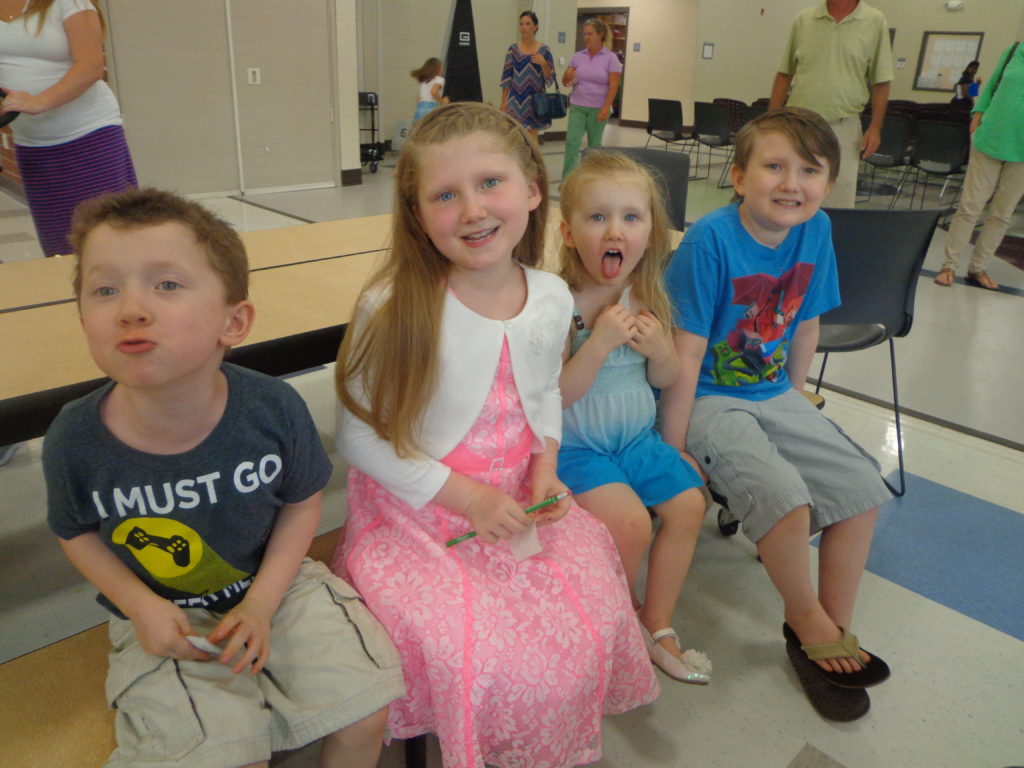
My youngest daughter is a daddy’s girl 100%. When her daddy is home, she is with him. She’s sassy, has tons of independent attitude, and can turn on the charm when she needs her way. Despite her separation and stranger anxieties when she was one year old, she is a social butterfly. She thrives on friendship and interaction with others. She’s going to be an entrepreneur with her got-to-be-in-charge attitude and a good way with people.
If they are such great kids, why do they insist on fighting with one another? Or not share their toys? We have family game nights and spend time with them, so why do they constantly complain about everything? What is the cause of their bad behavior?

Enough is enough!
Recently, my husband and I were lying in bed purely exhausted from the day’s activities. We had taken the kids bowling, and the entire two games were spent with the kids bickering about one thing or another. No one was having any fun, and none of us were smiling or enjoying the family time together. In fact, the families on either side of us kept staring at our family. I’m sure we looked completely miserable and provoked many questions for the other families.
As we stared at our ceiling, we took turns voicing our concerns about the state of our family. We, the parents, were miserable. The kids constantly argued, complained, whined, and fought over toys, so that must mean they are miserable. What had we done wrong? What were we not doing? We prayed for guidance and patience, but how do we effectively apply our parenting skills? We had had enough, and we were done with screaming, being impatient, and not agreeing on the best methods of discipline. Changes to their behavior had to be made and fast!
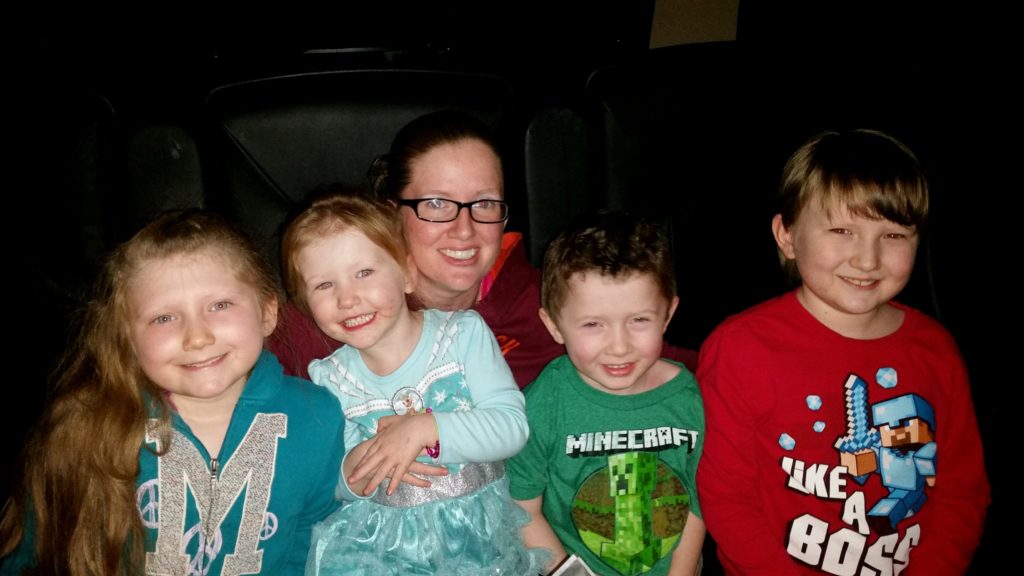
What we did to change
We don’t always see eye-to-eye on discipline methods, but we do agree on giving our children the best childhood minus the constant negativity or giving them everything their hearts desire. Our method of reasoning with our kids and using the time-out technique seemed to be getting us nowhere; however, that is what our instincts said to use. Rather than saying “because I said so”, we give them a real reason why so they learn to see action and consequence. This is what we felt was the right way, but maybe we weren’t applying them correctly. We were at a loss on how to correct our current situation.
Shortly after that night of contemplating where we went wrong with parenting, a blogging friend, Brittany of Equipping Godly Women, asked me to join her launch team of her upcoming book TEACH Your Children to Behave. It could not have come at a better time. I’ve read her earlier books, and they are consistently informative, so I immediately took up her offer. Her book has been life-changing for my husband, my kids, and me.
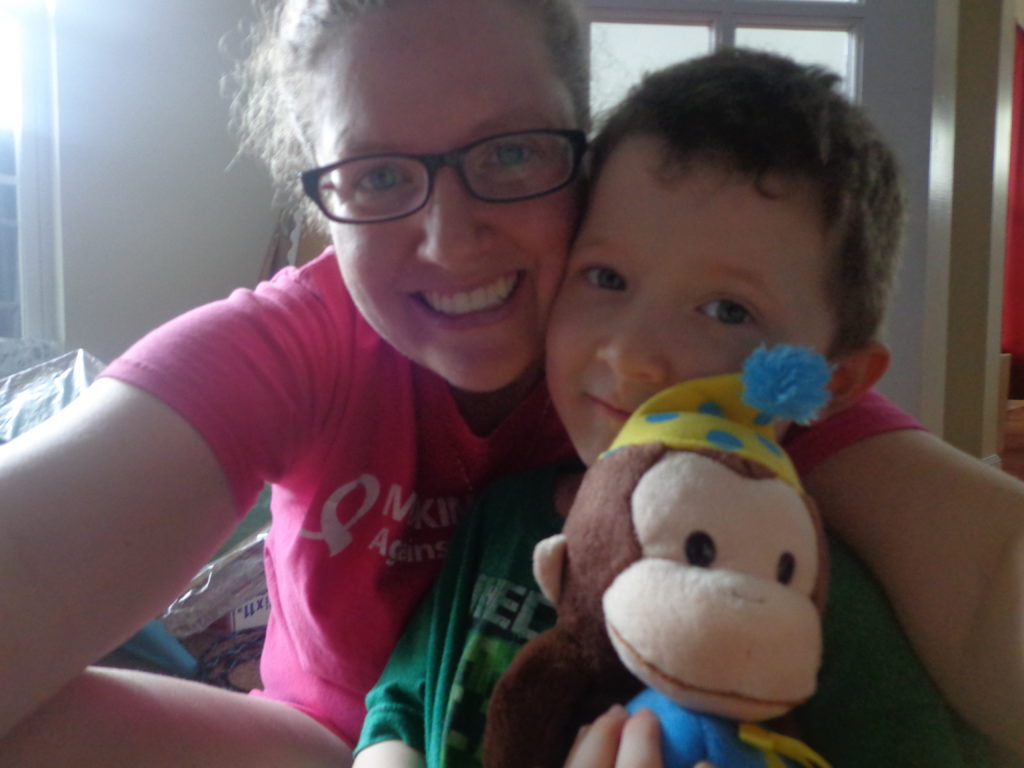
TEACH Your Children to Behave
TEACH Your Children to Behave is more than an ordinary self-help book or how to discipline your children. It tells you the importance of why your children should behave and the long-lasting effects of your behavior on your children’s behavior. It gives you the tools to improve your parenting skills no matter where you are on your parenting journey and encourages each of us to strive harder for ourselves and our kids.
Using real-life examples, it gives you methods that are reasonable and doable even for the most impatient parents. TEACH Your Children to Behave gives over 20 common issues we face as parents including back talk and sibling fighting (my two biggest struggles) and how to effectively address those issues. Brittany addresses real issues, real concerns, and real questions that we have at least once as a parent.
One of the best parts of the book aside from the TEACH method was the short questionnaire helping me to identify where I am in parenting. It allows me to really assess how I am as a parent and the habits I have in order to improve my parenting skills.
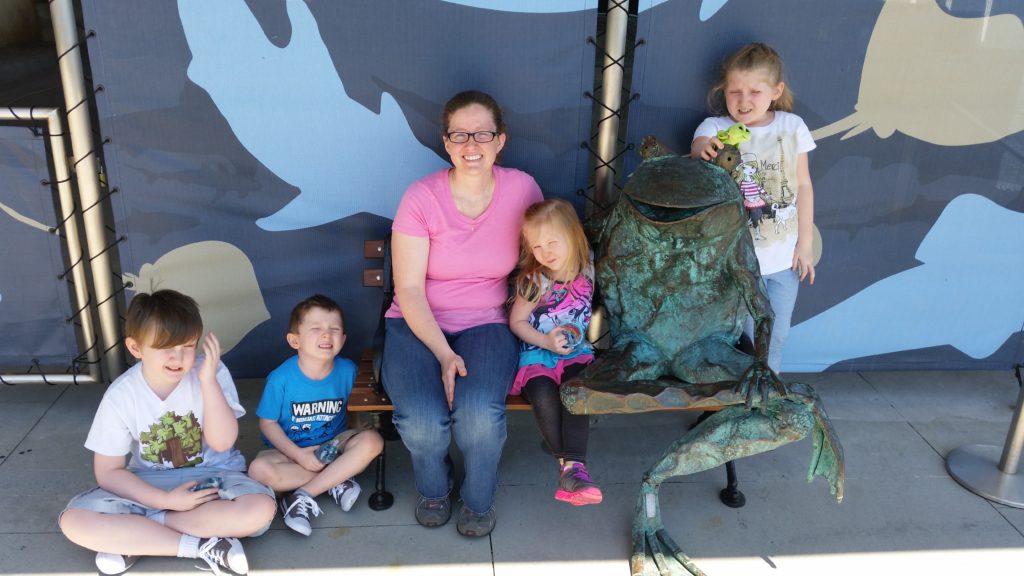
Has the TEACH method made a difference?
To say that the TEACH method has made a difference after one week would be doubtful; however, to say that it is making a difference is realistic. After a few days of implementing the method, my behavior is changing. I’m more aware of what I’m saying to my kids in terms of rules, behavior expectations, and discipline. My kids’ response to my rules, behavior expectations, and discipline has also changed. They don’t look at me as though I have three heads coming out of my neck, and they are calmer when being disciplined. I find myself screaming less, and talking more clearly in terms of what to do/not do.
As with parenting, nothing can change overnight. You cannot make a change one day then expect a 180-degree turnaround the next. It’s just not possible when it comes to changing a person’s behavior. It takes time, determination, and commitment from everyone involved. It may be hard work, but isn’t anything worth doing, hard work?
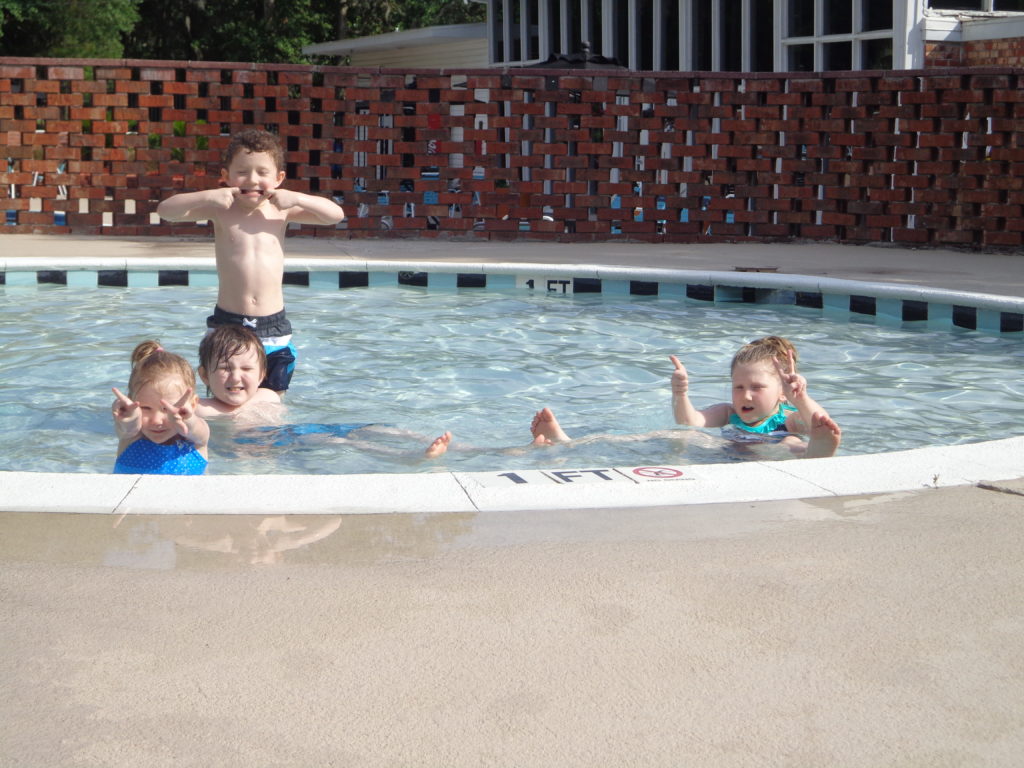
Conclusion
The time invested in TEACH Your Children to Behave is worth it. Anyone who knows me knows that my time is more valuable to me than money. I can earn back the money that I’ve lost, but I cannot earn back the time that I’ve lost. I value my time and spend it where it is most valued. This book was well worth my time.
I strongly recommend taking the time to read this book (along with your partner) in order to improve you and your child’s behavior. Enjoy this life that God has given you, and enjoy it together with the best way you can. Don’t sweat the small stuff in life, and embrace your children while you can.
